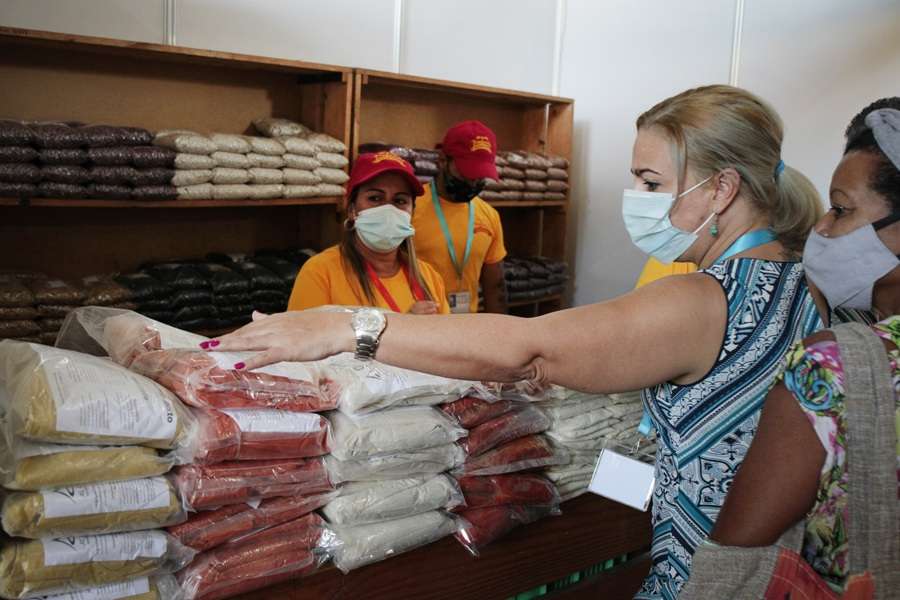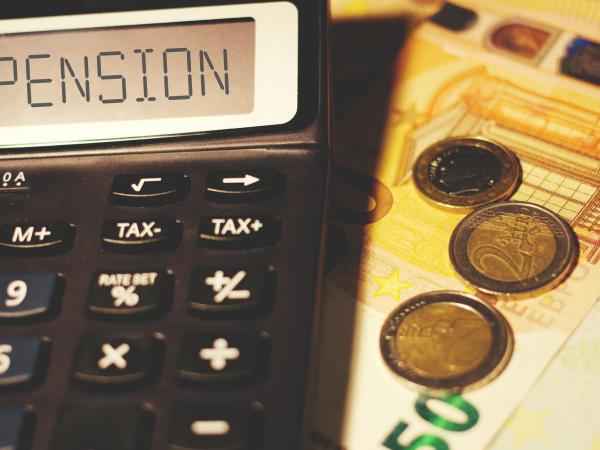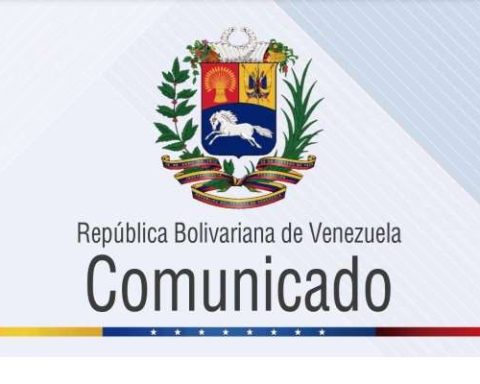A new group of 213 micro, small and medium enterprises (MSMEs) received this Thursday the authorization to operate in Cuba, according to the Ministry of Economy and Planning (MEP) through their communication channels.
According to channel on Telegram where the new permits granted to the new economic actors are reported, 208 new private entities have now received the necessary permits, another four linked to the state sector, as well as a non-agricultural cooperative.
There are already 7,654 MSMEs that have received the green light to start operating since this particular type of operation began to be allowed within the Cuban economy, in September 2021, according to a report by the agency. Eph.
Of those recently approved, most will be dedicated to providing gastronomic and construction services, the marketing of food and clothing, passenger transportation, maintenance and repair of motor vehicles and motorcycles, and the management of nightclubs, dance floors, and organization of birthday parties, weddings and other events.
One of the four state MSMEs in this group will carry out foreign trade operations related to the export of computer applications and services, information, engineering, and professional, scientific, and technical activities.
Another will offer computer programming, and the remaining two will deal with transporting passengers and merchandise in the agricultural sector.
Lastly, the now-approved non-agricultural cooperative will be in charge of producing spices, condiments, vinegar and sauces, according to the newspaper.
The authorizations to create MSMEs and cooperatives include a wide variety of options, from activities related to accommodation, various services such as beauty and local development projects, among others.
However, these types of enterprises do not have access to spheres considered strategic by the State, such as health, telecommunications, energy, defense and the media.
In accordance with current laws, these new economic actors can be private, state, or mixed, have legal personality with their own characteristics and coexist with the socialist state company, considered by the Government to be the cornerstone of the current economic system.
This type of company was abolished in Cuba in 1968, but with its rescue an update of the model is pursued that allows to overcome the deep economic crisis that the country is experiencing, aggravated by the impact of the COVID-19 pandemic, the sanctions imposed by American administration, and the little effect of most of the measures adopted by the government to overcome the situation.
Efe/OnCuba

















